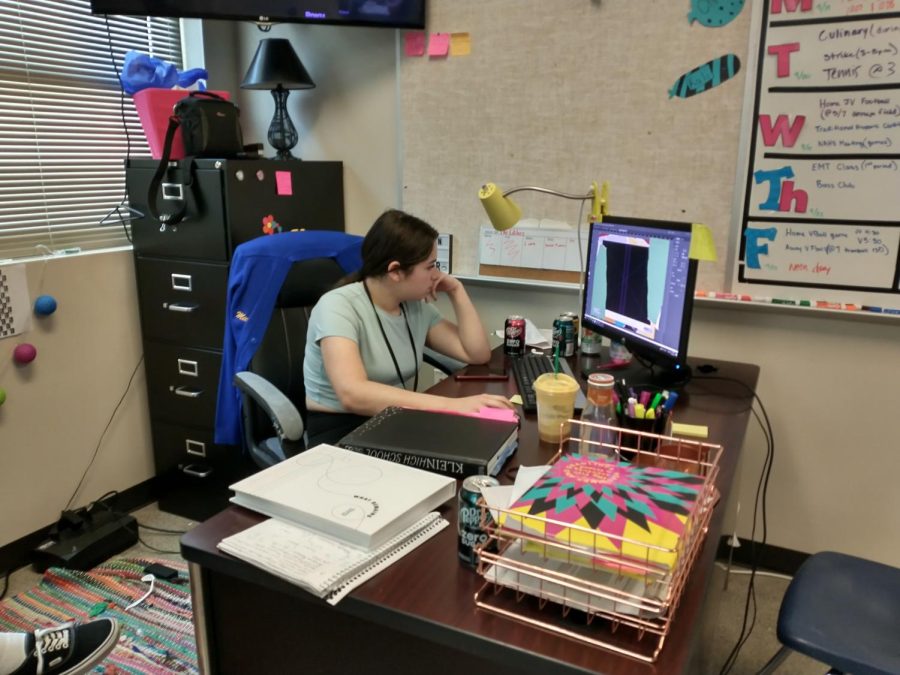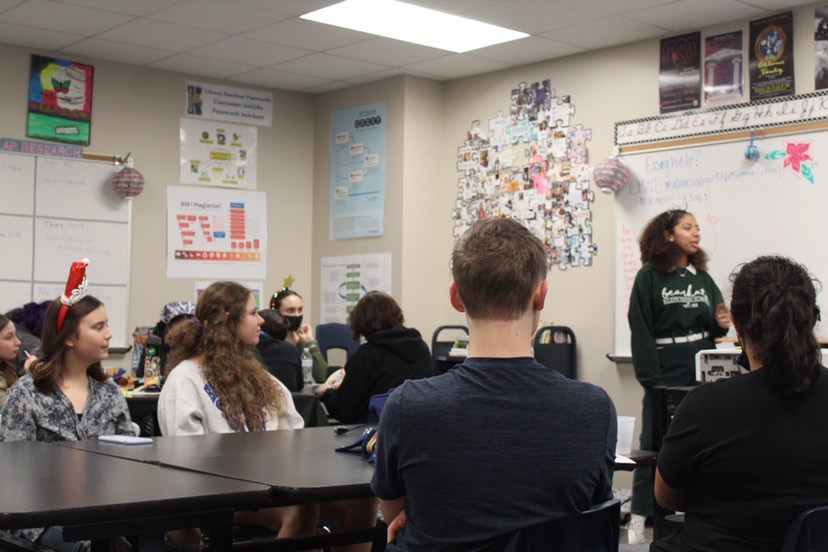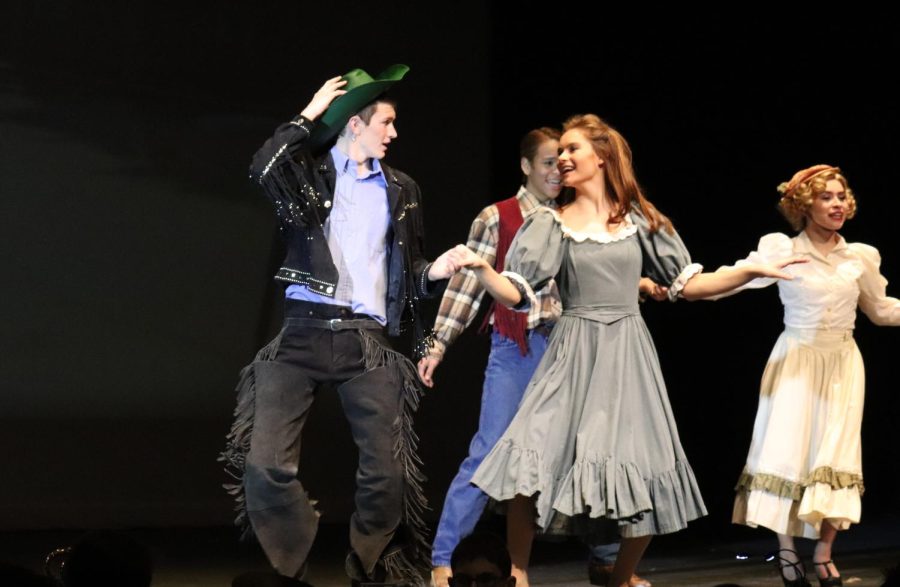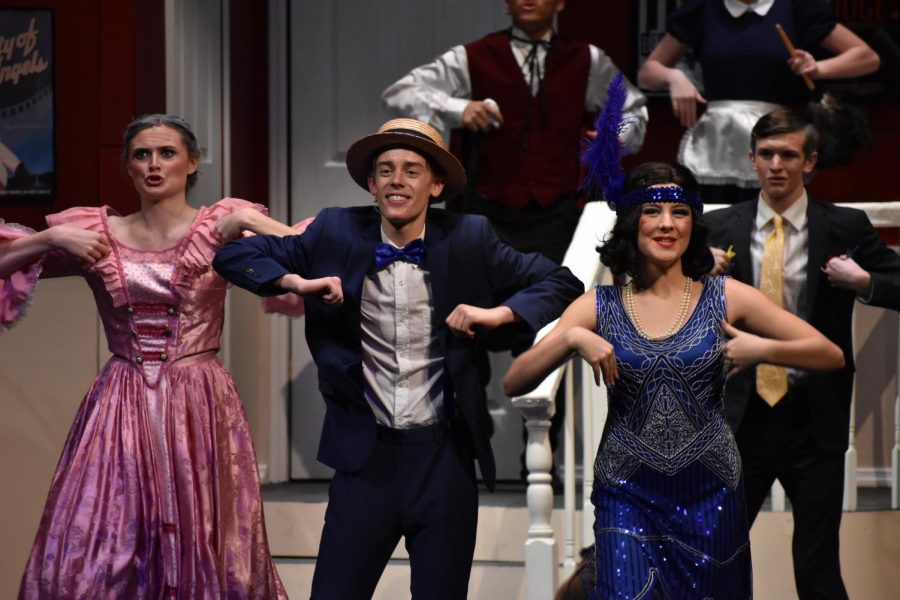The Writers Guild of America (WGA) has been striking since May 2 for better residual pay for writers when their work is put on streaming platforms. Screen Actors Guild and American Federation of Television and Radio Artists (SAG-AFTRA) joined them in July, marking the first time in 60 years that writers and actors have both gone on strike at the same time.
According to the old contract the WGA had negotiated, writers would earn money when their shows were rerun, but in an age of streaming, reruns are declining more and more, and writers are being left with much lower pay from the streaming services that are housing their shows instead.
“The most immediate effect has been on late-night programs like Saturday Night Live, Jimmy Kimmel Live!, and Late Night With Seth Meyers,” Keno Katsuda writes for Teen Vogue. “Many other shows that have already been written and produced will likely be aired through the end of the season. But because shows that premiere in September are typically written during May and June, audiences may see programming delays in the fall.”
This strike has affected not only students’ favorite shows’ release dates but also changed many students’ perspectives.
“The writers’ strike has definitely brought the importance of writers to the surface; I’d never really given much thought to the treatment of the writers until it,” junior Kate Mehaffey said. “Writing seems to be a very misunderstood profession, as it’s extremely difficult and underappreciated. I believe it should be treated the same as any other specialty skill is.”
With the treatment of writers under big film companies coming to light, general sentiments toward said companies have changed, arguably for the worse.
“I just feel they disdain so many amazing people working in the industry today,” aspiring filmmaker and senior Luis Zonenburg said. “Most companies are continuing to film movies overseas without a finished script attached to it.”
Altogether, the writer’s strike has drawn attention to the necessity of writers and shown that they deserve to be commended and compensated accurately for their exceptional work.
“After realizing the writers were not treated fairly, it changed the way I appreciate scripted television,” senior Janae LeMalle said. “I actually found myself appreciating the script and the writers themselves even more. The fact that they wrote amazing, well-written scripts while not being treated well shows how talented and amazing they are.”




















